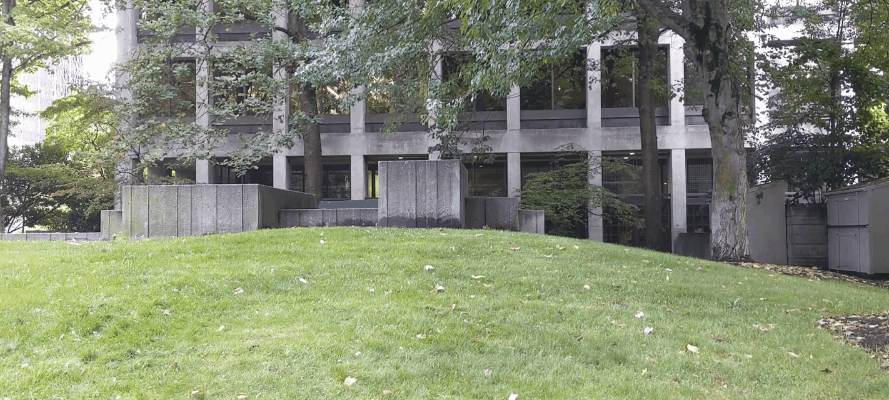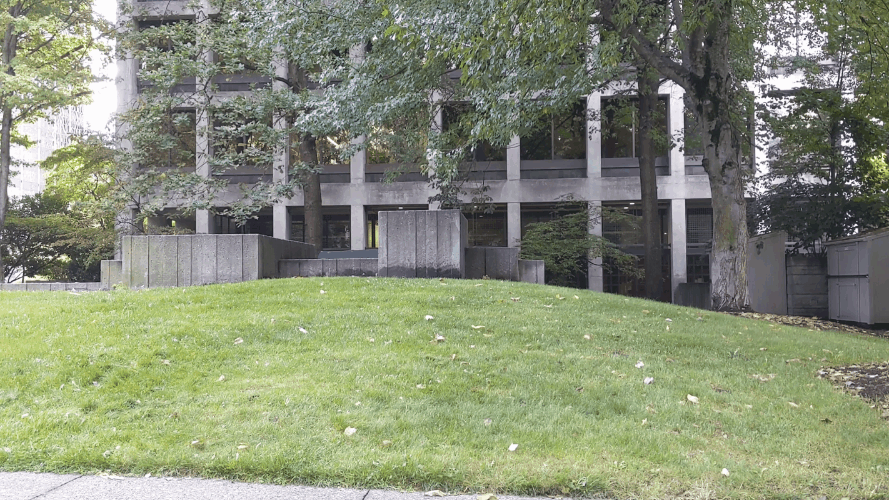
I used to train parkour, and I loved it. Now I’ve stopped completely, and that’s good.

What are micro-retirements?
Generalists sometimes need to take things “off the table” in their lives, sometimes permanently. If you’re predisposed to take passionate interest in new things, you’ll eventually need to start dropping older things; even with skillful maintenance you can only juggle so much (though that’s something I want to help you with).
At the same time, you don’t want to be a serial novice who quits everything before making any real progress in it.
A micro-retirement is the letting go of a single activity in your life to make room for other things. I’ve found that using the mindset of retirement is more acceptable, psychologically, than “forcing myself to quit” or something like that. Quitting implies dissatisfaction, which is why I never considered “quitting” parkour. “Retirement” implies completion, which is, at worst, bittersweet.
In 2020 I decided to retire from parkour, for some reasons that I wrote about in an Instagram post (not necessarily important but might give helpful context).
Finish strong
A feeling of completion makes the difference between quitting and retiring. But in a free world where you can spend your leisure time however you want, no one is going to tell you you’ve “completed” your hobby. Even in things where an authority figure marks your progress, like the colored belts in martial arts for example, they’ll never ever tell you you’re “done.” Your instructors and mentors are specialists, and the activity they’re teaching is a critical part of their lives an identities. By default, they’ll take you down that same path, and that’s not sustainable for a generalist juggling multiple paths. So instead you have to ask yourself, “What will it take for me to feel complete about this?”
And that’s what I did with parkour. I asked that question, and in response I put together a list of goals I could realistically accomplish in the next few months. Most of them were goals I’d already had; I stopped being “vaguely optimistic” about them and instead put them onto a concrete timeline.
Of course, it’s hard to stick to a “retirement timeline” with a major life change at the end of it. There’s a strong temptation to keep your life exactly as it is, “just for another year,” and so on. In my example, the end of my timeline coincided with a major life event—my moving across the country—and that definitely helped me stick to it. Without that, perhaps I could’ve made it easier by scheduling some new activity to start when the old one ends—anything to make the timeline real and not just a date I picked arbitrarily.
Trust the numbers
Still, micro-retirement doesn’t always feel good. It’s a very cerebral decision, basically the opposite of going with the flow. It interrupts the flow of your life; it looks forward in time, sees future conflicts, and makes decisions in the present to avoid them.
It feels weird, but sometimes you really do have to make that cerebral decision. The numbers don’t lie. There’s some research that says you can theoretically become an expert in seven things over the course of your lifetime, if you focus on each one for seven years (or something like that). Assuming that’s true, that requires you to consciously stop doing six things. Six things you heavily invested in! That’s without mentioning what you’d additionally have to put on hold for an especially demanding career, or for raising a family.
It’s not always a simple matter of cutting out the “waste” from your life (like Netflix time, Twitter, YouTube, etc.) so you can do more of the things you really love (though again, I do want to help you do that). Sometimes there really just isn’t enough time.
Micro-retirements from consumption
Speaking of cutting out waste—retiring from consuming a particular thing is easier, I think, than retiring from productive activities. But I’ve found this framing helpful for that, too.
I’m “retired” from Marvel Cinematic Universe movies and shows, because I felt like that franchise got too big to fail and they’d keep churning out movies long after they’d run out of good ideas. And it’s hard to just dabble in Marvel, because all the stories build off each other, so I made a conscious decision to just be done with it for good. I’m happy with what I’ve seen, it’s enough. I’m retired from Marvel.
Same with Star Wars.
I say this is easier, because movies, TV, video games, etc. just aren’t as fulfilling to me as active engagement in real pursuits, where I get to produce something good and see myself getting better. Still, it can be hard. If you consume something for long enough, it becomes part of your identity. What you’re really retiring is the “part of yourself” that does this or that. But if we can accept retirement from our careers, which tend to define very large parts of ourselves, then we can bear the micro-retirements too, when we decide they’re necessary.
Still, I really hope I’m not missing out on any groundbreaking works of cinema.


One Reply to “Micro-retirements”